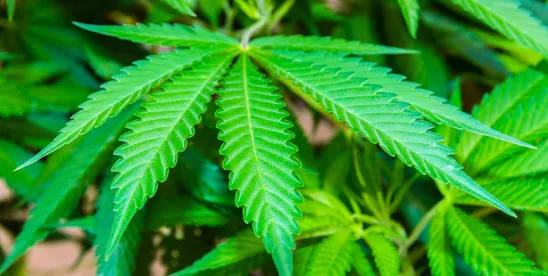I would love to hear from our award-winning readers if they are aware of a scenario when doing something illegal is legal because it’s illegal.
Another federal court in California ruled last week that the dormant Commerce Clause in the United States Constitution does not apply to federally illegal marijuana businesses.
In dismissing the action with prejudice Thursday, the court determined that cannabis’ federal illegality — enshrined in the Controlled Substances Act — meant that the plaintiffs could not invoke federal constitutional protections to challenge a Sacramento cannabis social equity licensure program that gives preference to in-state applicants.
“The plaintiffs cannot assert a constitutional right to participate in a national marijuana market because Congress attempted to eliminate that market by passing the federal Controlled Substances Act,” Senior U.S. District Judge Kimberly J. Mueller wrote.
Federal courts have been split on whether the Constitution bars state and local authorities from favoring local marijuana entrepreneurs when they award licenses, but many have determined that the national ban on cannabis precludes an “interstate” marijuana market, the court said.
Two questions immediately came to mind when I saw this opinion:
- Is this issue going to be the kind that might need resolution from the U.S. Supreme Court? I’m not aware of a split between federal appeals courts but a number of district courts have reached opposing conclusions on this question. It’s a fascinating question that seemingly only appears in the cannabis world because of the surreal dichotomy of the federal government prohibiting a substance while most of the states have adopted marijuana regimes. I suspect that uniqueness and specificity may make it less attractive to the Supreme Court if it is looking to establish a broader, more widely applicable ruling on the contours of the dormant Commerce Clause.
- What happens if, as many expect, marijuana is rescheduled to Schedule III? On the one hand, you could argue that rescheduling makes marijuana legal under federal law and, therefore, the dormant Commerce Clause would apply. On the other hand, state-licensed marijuana operators are almost certainly not going to comply with the requirements necessary to have FDA-approved formulations for specific indications. Does that mean those programs remain illegal under federal law such that the logic employed in recent decisions remains equally applicable (and divergent)?




 />i
/>i

